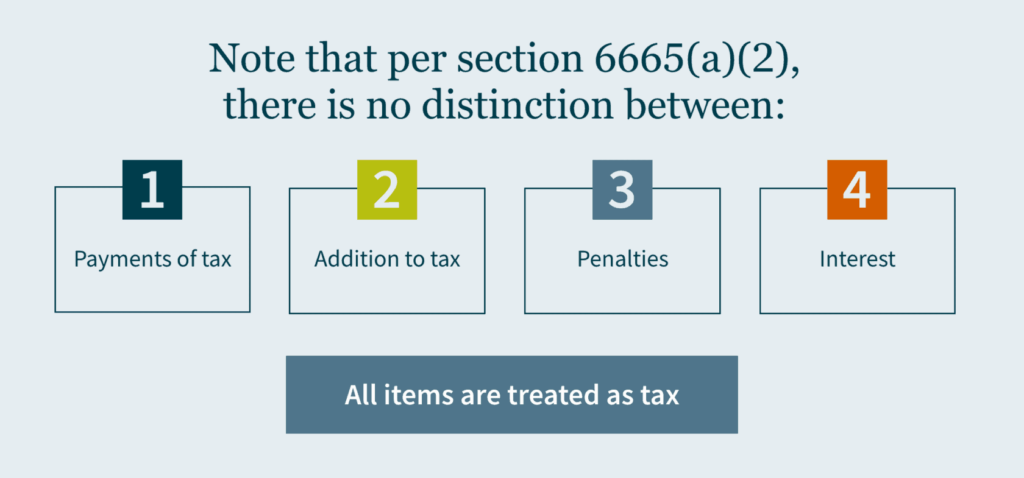Key Takeaways:
- Tennessee recently repealed the franchise tax property measure, enabling taxpayers to request refunds for overpayments from tax years ending on or after March 31, 2020.
- Franchise tax filers may qualify for refunds for up to three years; refund claims must be filed between May 15 – November 30, 2024.
- Taxpayers using the property measure to calculate estimated payments should contact their tax advisor for further guidance.
~
On May 10, 2024, the Tennessee legislature signed into law Public Chapter 950 (2024), which repeals the property measure (“minimum measure”) of the franchise tax for tax years ending on or after January 1, 2024. For a limited time, Tennessee taxpayers who used the property measure to calculate tax liabilities for tax years ending on or after March 31, 2020, may request a refund to the extent those liabilities exceeded the amount of tax that would have been calculated using the net worth measure.
What to Consider…
Refund Claims
- Refund claims must be filed between May 15, 2024, and November 30, 2024.
- You may request a refund if you paid franchise tax using the property measure for tax years ending on or after March 31, 2020 (“FT-13 – Property Measure Repeal – Tennessee Department of Revenue”).
- The amount of tax you may be refunded is based on the portion of taxes paid using the property measure that exceeds the amount you would have owed under the net worth measure.
- Any credits (e.g., jobs tax credit) in excess of the amounts allowed on the amended returns will be reinstated with applicable carryforward rules and will not be refunded.
Refund Procedure
- The Tennessee Department of Revenue issued Franchise and Excise Tax Notice #24-05 providing detailed guidance on the procedure to request a refund.
- The two-step process to claim refund:
- 1) Amend return according to state guidance, and
- 2) File refund claim form
- A completed Report of Debts should also be included with the refund claim if you are requesting a refund of $200 or more.
- Refund claims must include a statement waiving the right to file a suit alleging that the franchise tax is unconstitutional for failing the internal consistency test.
- If you would like to address other issues outside of Public Chapter 950, those issues should be handled through separate filings.
- The Department strongly encourages taxpayers to file refund claims using TNTAP, Tennessee’s online website for filing taxes, to expedite the refund process.
Public Disclosure of Taxpayer Information
The Tennessee Department of Revenue must publish the names of taxpayers who receive refunds and the applicable range of refunds received. Specific refund amounts are not published. The refund ranges will be the following:
- $750 or less,
- more than $750 but less than or equal to $10,000, and
- more than $10,000
The information will be published May 31, 2025, and remain on the website through June 30, 2025.
Estimated Payments
If you are a taxpayer who has been using the property measure to calculate 2024 estimated payments, you should adjust your remaining estimated calculations and payments to account for a lower apportioned net worth base.
Alternatively, the state allows taxpayers to make an annual election to continue to use the minimum property measure if it results in a higher tax. Taxpayers with credit carryforwards should consider this election if there is a risk the credits will expire. If the election is made, the taxpayer waives any claim that the minimum property measure base is unconstitutional by failing the internal consistency test.
How MGO Can Help
Our State and Local Tax (SALT) Team can help submit your refund claim in accordance with state guidelines and procedures, in a timely manner. Need assistance requesting your Tennessee franchise tax refund? Reach out to our team today.




